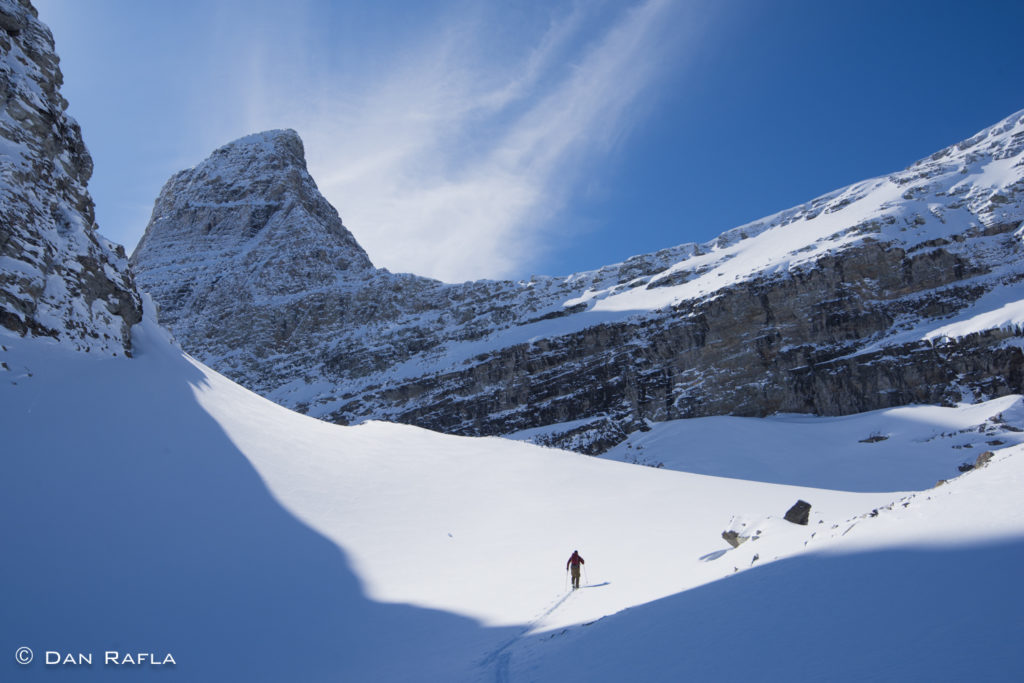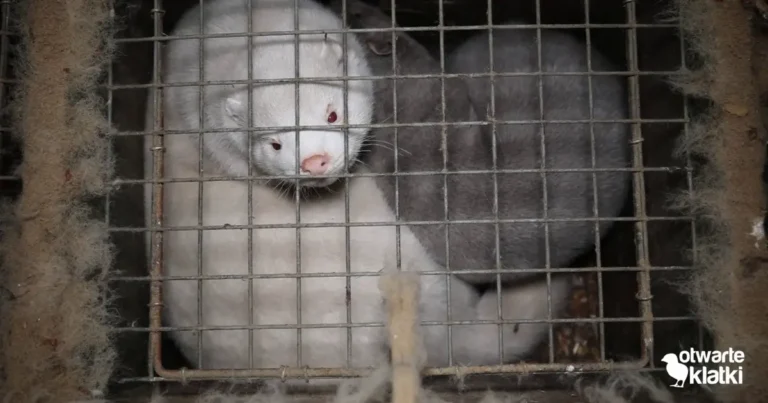
An engaging narrative about wolverines has been developed by wildlife ecologist, Nikki Heim. Nikki was awarded The Fur-Bearers Arts & Science Scholarship in 2021 for her research into wolverine denning habitats. This project presents her findings in an interactive format using ArcGIS’s StoryMaps, where she tells a captivating story about her experience tracking wolverines in the heart of the Rocky Mountains.
Nikki’s research into wolverine denning activity aims to promote coexistence with these elusive animals by identifying their denning activity and ensuring backcountry operators and enthusiasts do not disturb their denning habitat. Education and awareness efforts can equip recreational operators with the information they need to help support wolverine conservation and the species long-term survival.
Click the link to view Nikki’s research: Talus Wolverine Project
We asked Nikki to reflect upon her research and her process in telling the story about wolverines. Read the Q&A with Nikki to learn more about her project.
A: I have been studying wolverine distribution and habitat use in relation to human activity over the past decade. During this time, I have come to understand how sensitive wolverine are to human disturbance, particularly when denning and rearing young. Wolverine persist in wild spaces and can be indicators of pervasive landscape change.
As a wildlife ecologist and mountain enthusiast, wolverine have long fascinated me. I’ve been allured by how perfectly evolved they are to traverse some of Canada’s most rugged terrain, the speed at which they can move across glaciated slopes, their fierce attitude towards competitors, and of course, their elusive nature. And given their stature as a medium-sized carnivore, I continue to be interested in their role among the carnivore community.
Q: How does your project promote coexistence with wildlife and what lessons can be learned from your research?
A: This project involves a partnership between myself as a wildlife researcher and a commercial recreation operator with a common goal – to find ways to share the landscape with sensitive species such as wolverine. I believe this story is a leading example of how we can collaborate to find solutions that meet the needs of both people and wildlife. Talus Lodge owners have demonstrated a level of compassion and willingness to adapt that has resulted in affording a mama wolverine the safe space to raise her young within their operating area. Working together to shift our expectations and activities where humans and wildlife overlap is the foundation of achieving human-wildlife coexistence.
Q: What is the impact you hope to achieve through this project?
A: Using beautifully captured visuals and interactive links, I hope to share insights into wolverine ecology and conservation that spark attention and curiosity of both commercial operators and fellow recreationalists alike. This story suggests ways in which we can all adjust our activities to minimize disturbance to wolverine. And by applying these same principles, the long-term hope is to improve our ability to coexist with all wildlife.
The Fur-Bearers offers several scholarships to promote coexistence with wildlife. To learn more about our scholarships, click here.
